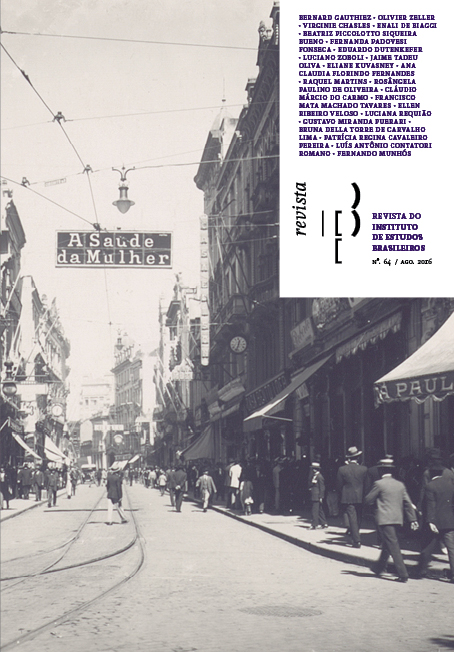When carnival started: political activism in the historic obverse of Homo ludens
DOI:
https://doi.org/10.11606/issn.2316-901X.v0i64p224-248Palabras clave:
Homo ludens, Vilém Flusser, alienação, greve dos garis, ativismo.Resumen
Philosophy’s debate over the hegel-marxian concept of alienation in Brazil trespasses the border of a merely conceptual issue, and reveals a relevant factual dimension. The philosopher Vilém Flusser, for example, took the social-historical features of Brazilian society in order to depict a critique against the category “alienation” and therefore warrant the conclusion that hegel-marxism is embedded in an universalism that does not match specific realities, such as the Brazilian. This article is aimed at reevaluate this Flusser’s diagnosis by the means of a case-study focused on the sweepers’ strikes that took place in Rio de Janeiro in 2014. We argue that the generalization of Brazilian as the Homo ludens, whose reality occurs in alienation, does not match the historical events we discuss. It is suggested an alternative interpretation for the relation between the “playful” and the “political”, and thus we obliquely rehabilitate Hegel’s notion of alienation from Flusser’s phenomenological critique.Descargas
Los datos de descarga aún no están disponibles.
Descargas
Publicado
2016-08-23
Número
Sección
Artigos
Licencia
- Todo o conteúdo do periódico, exceto onde está identificado, está licenciado sob uma Licença Creative Commons do tipo atribuição BY-NC.
Cómo citar
Tavares, F. M. M., & Veloso, E. R. (2016). When carnival started: political activism in the historic obverse of Homo ludens. Revista Do Instituto De Estudos Brasileiros, 64, 224-248. https://doi.org/10.11606/issn.2316-901X.v0i64p224-248



